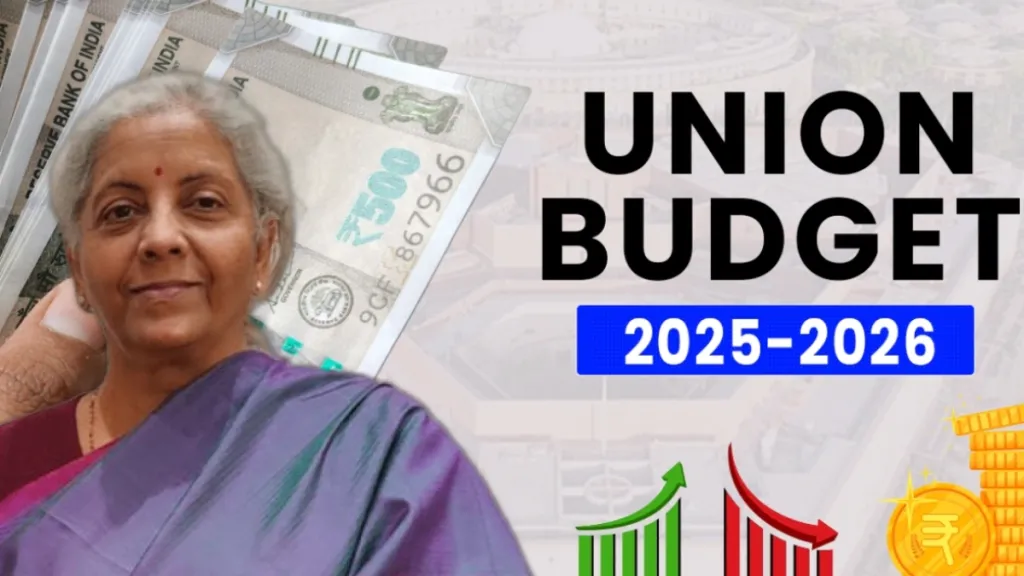By Sameer Gupta
Amidst rising global protectionism that challenges international trade, the finance minister’s eighth Budget reaffirms India’s commitment to play a dominant role on the world stage through forward looking economic policy changes, while aligning to the previous glide path on fiscal deficit.
The finance minister has skilfully navigated through a complex set of demands, ranging from reduction in personal taxes, strengthening of domestic manufacturing and refinement of the GST framework.
Viksit Bharat—deregulation andimpetus to MSMEs
The Budget strikes a fairly harmonious balance, with plenty to cheer for individual tax payers and no major surprises for India Inc. To achieve the target of Viksit Bharat by transforming India into a $30 trillion economy by 2047, the focus continues on creating a dynamic business ecosystem.
The Budget recognises the important role that MSMEs play and their contribution in propelling economic growth.
To support MSMEs in achieving scale, technological advancement, and access to capital, the investment and turnover limits for classification of MSMEs is proposed to be enhanced to 2.5 and 2 times respectively.
To simplify regulations, a first ever high level committee will review all non-financial sector regulations, and this can once implemented reform different sectors and enhance the business environment.
Personal income taxes
The government’s commitment to enhancing individual financial empowerment is evident in the revised tax slabs.
Individual tax payers will now enjoy tax-free income up to `12 lakhs per annum (excluding special rated income, such as capital gains) under the new regime, from the earlier `7 lakhs threshold.
The revision of tax slabs is expected to boost consumer spending, given weakness in consumption trends across multiple segments, aligning with the broader vision of “Sabka Vikas”.
New Direct Tax Bill— Draft to be unveiled
On the direct tax front, there were no major changes for India Inc, in part due to the new Direct Tax Bill which will be presented over the next few days.
A much anticipated development, one will need to read the fine print to see how it reflects the stated objectives of clarity and certainty to businesses. It is expected to be presented before the Standing committee, and multiple stakeholder views will be sought.
IFSC/ GIFT city
Amendments have been announced to strengthen GIFT City’s position as a global financial hub, thereby paving the way for it to play a pivotal role in the globalisation of the Indian economy.
In a significant move for treasury operations in IFSC, the exclusion from deemed dividend provisions will reduce tax barriers for corporate treasury activities.
The exemption for life insurance policies issued by IFSC insurance intermediaries will also remove premium limits for non-residents, further enhancing GIFT City’s attractiveness.
By extending the sunset dates to 2030 for fund management/ treasury/ leasing activities, it has helped in creating a longer term vision, thereby driving capital flows and enabling better investment planning.
Intensifying its focus on the ‘Make in India’ initiative, the Budget has proposed incentives for targeted sectors such as toy production, footwear, and clean technology focussing on both traditional and new age sectors.
The aim is to establish India as a powerhouse with a high quality manufacturing ecosystem.
To promote the electronics system design and manufacturing industry, the Budget seeks to provide certainty by taxing non-residents providing such services on a presumptive basis at 25% of revenues.
On the indirect tax front as well, the Budget pushes for ‘Make in India’ by proposing certain sector specific provisions under customs to encourage higher value addition in India.
To further its dominance, exemption has been granted for parts used in manufacture of components that are ultimately used for manufacture of cell phones in India.
Road ahead
In conclusion, India Budget 2025 is a testament to the government’s resolve to balance immediate economic imperatives with long-term strategic goals.
It is a Budget that aims to catalyse growth by kickstarting consumption, ensure stability, and pave the way for a future where India not only meets its ambitious targets but also sets new benchmarks for inclusive and sustainable development.
The writer is national tax leader, EY India
Disclaimer: Views expressed are personal and do not reflect the official position or policy of FinancialExpress.com. Reproducing this content without permission is prohibited.

